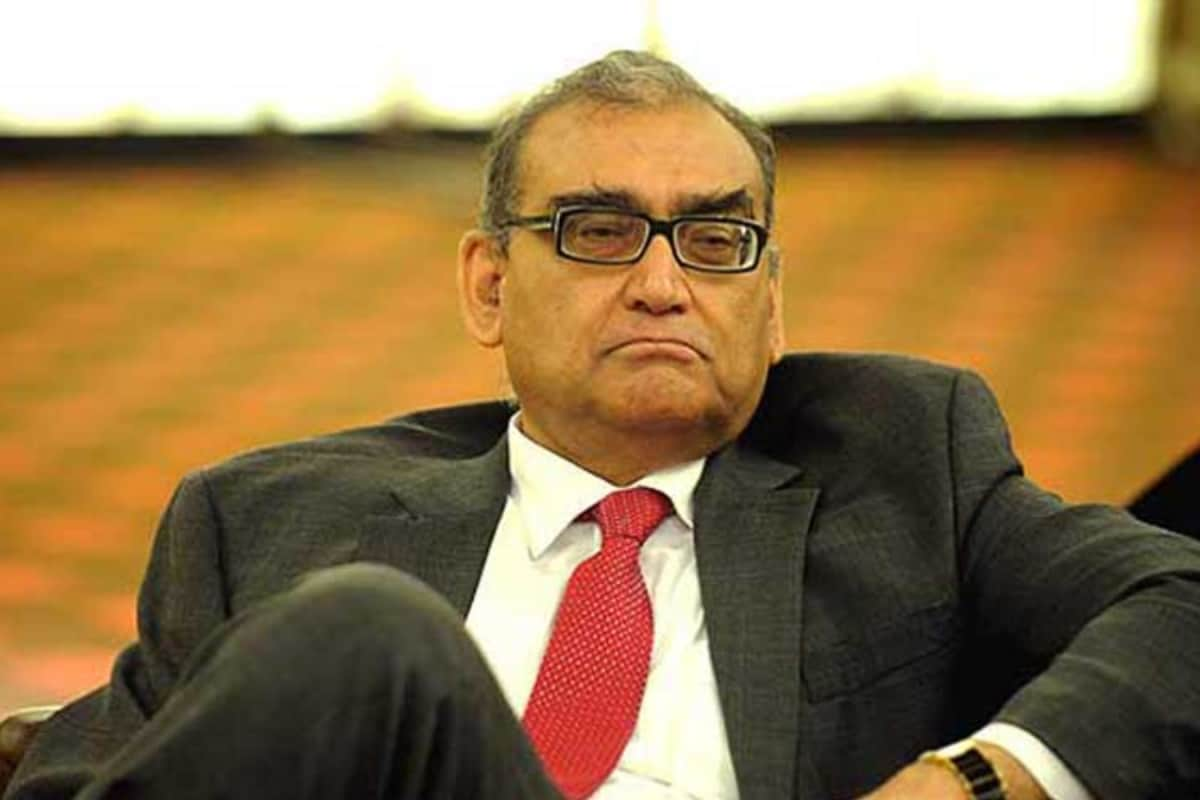

Former Supreme Court Justice Markandey Katju has once again found himself at the center of a social media storm after a controversial post on X (formerly Twitter). The now-deleted tweet stated, "all the lady lawyers who winked at me in the court got favourable orders". This remark ignited immediate backlash, with many users and legal professionals deeming it "distasteful" and "demeaning to the judiciary".
Critics argued that such comments undermine the integrity and impartiality of the judicial system. One advocate even suggested that all orders passed by Justice Katju should be reviewed. The statement also drew criticism for its perceived sexism and the message it sends to young women entering the legal profession. It implies that success can be achieved through flirtation rather than merit and hard work.
Justice Katju, who retired from the Supreme Court in 2011, is no stranger to controversy. He has a history of making outspoken and often provocative remarks on a variety of topics, ranging from politics and social issues to poetry and philosophy. In the past, he has faced criticism for comments about women, including stating that the BJP would have performed better in Delhi elections if they had fielded Shazia Ilmi instead of Kiran Bedi because Ilmi was "much more beautiful". He has also been criticised for his views on gay relationships, initially calling them "humbug and nonsense," although he later softened his stance.
This latest incident has reignited the debate about the appropriateness of former judges making public statements that could be seen as undermining the judiciary. Some argue that retired judges should maintain a certain level of decorum to protect the reputation of the institutions they once served. Others defend their right to freedom of expression, even if their views are controversial.
The former judge's remarks have prompted discussions about the role of humour and satire in public discourse. While humour can be a powerful tool for highlighting social issues and challenging authority, it can also be harmful if it reinforces stereotypes or demeans individuals or groups. In this case, many felt that Justice Katju's attempt at humour fell flat and instead perpetuated harmful stereotypes about women in the legal profession.
This is not the first time Justice Katju has stirred controversy with his statements. He has previously drawn criticism for his views on a wide range of subjects, including his claim that "90% of Indians are fools", his questioning of Mahatma Gandhi's role in Indian history, and his remarks on the reunification of India, Pakistan, and Bangladesh. He has also expressed controversial opinions on sensitive topics such as the hijab row in Karnataka.
Justice Katju's tendency to make controversial statements has made him a polarizing figure in India. While some appreciate his candor and willingness to speak his mind, others view him as a loose cannon whose remarks often cross the line. Regardless of one's opinion, it is clear that his words continue to generate significant debate and discussion. The legal community, social media users, and the public are left to ponder the implications of his statements on the perception of justice and gender dynamics within the legal system.